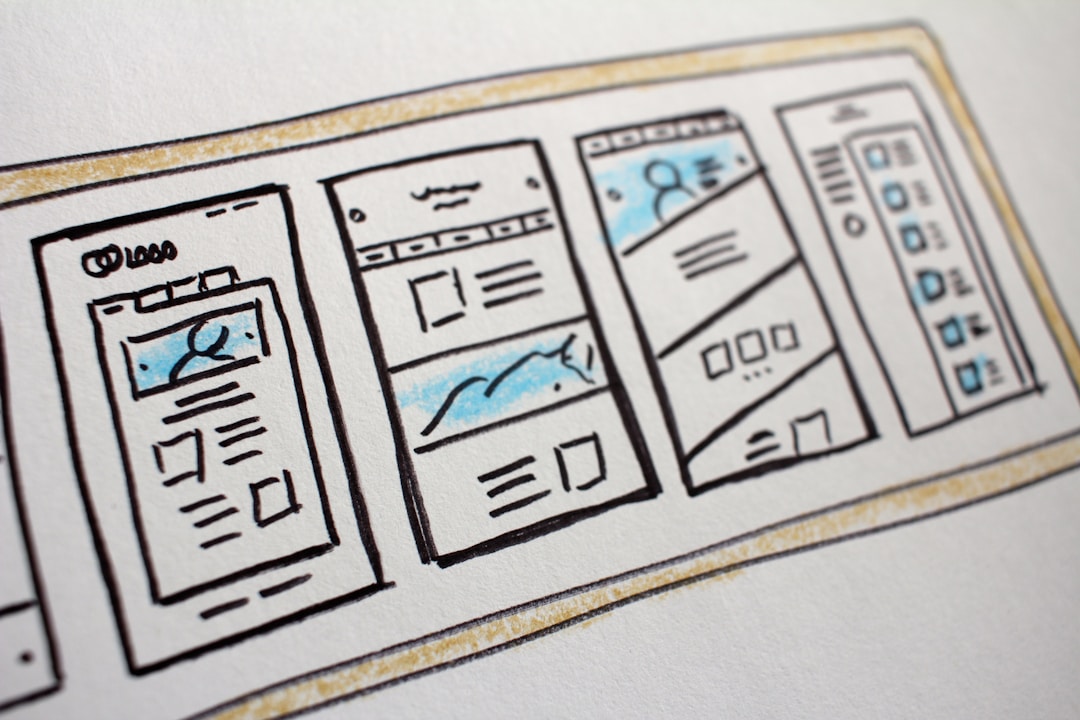Tips for Designing a Professional Website

In the modern business world, having an impactful and professional website is crucial for success. Your website is the hub of your online presence, often serving as the first interaction potential customers have with your brand. That’s why it’s essential to put careful thought and effort into its design. Keep reading this to discover some practical tips for designing a website that not only looks appealing but also helps drive your business goals.
Understanding the Purpose of Your Website
Every successful website design project begins with a clear understanding of the website’s purpose. Would you like to build brand awareness, promote a specific product or service, capture leads, or perhaps serve as an information portal for your customers? The purpose of your website will guide every other aspect of its design, from its structure and content to its layout and graphics. Clarity of purpose is the foundation upon which successful websites are built.
Determining the purpose of your website comes with a deep understanding of your brand and business goals, who your target audience is, and what they’re looking for. Utilizing concise, well-articulated texts, graphical elements, coherent design aesthetics, and intuitive navigation, visitors should be able to immediately understand what your website is all about. That’s where employing the services of professionals like a Chicago website design company can prove beneficial.
Choosing the Right Color Scheme
Colors play an enormous role in creating the desired ambiance on a website and communicating your brand’s personality to its visitors. The chosen color scheme strongly influences how your brand is perceived and should be consistent with the image you aim to project. It’s important to study color psychology, as different colors evoke different emotions and responses.
Simple and User-Friendly Navigation
Despite the importance placed on aesthetics, your site’s visual appeal will be ineffective if visitors find it difficult to navigate. Navigation forms a critical element of website design. It should be intuitive and straightforward, allowing users to find information quickly. Prioritize clarity more than artistic creativity as confusing website navigation tends to lead to higher bounce rates.
Quality Content and SEO Application
Quality content is paramount in any website design. Your content communicates your company’s brand position and promise. It must be accurately formatted with clear headers, concise paragraphs, and appropriate images that add visual appeal and break up content. Always keep in mind that content is also a potent search engine optimization (SEO) tool that helps drive traffic to your site.
Performance and Load Speed

Despite creating a visually appealing website with great content, if your website doesn’t load quickly, it won’t leave a positive impression. Internet users are increasingly impatient and may not stick around if your site takes too long to load. Hence, page load speed is an integral aspect of web design to consider. Several factors can impact your load speed, including your web host’s speed, the size of your images, and the efficiency of your coding.
Visually Engaging Images and Typography
Images and typography form a significant part of your website’s visual appeal. Visual content, including images, infographics, and videos, can help bring your website to life and increase users’ engagement. They can also make large amounts of information easy to understand and digest.
CTAs and Conversion Elements
Lastly, don’t forget to include Calls-to-Action (CTAs) and conversion elements in your website design. These elements guide users toward their desired goals, whether it’s signing up for a newsletter, purchasing a product, or contacting your company. They should be visually striking and clearly state what you want your visitors to do. CTAs should be placed strategically throughout your website. They can be buttons, links, images, or even whole sections of your site designed to lead your prospects toward the final goal.
Consulting a Professional Web Design Agency

While it’s entirely possible to create a well-designed site in-house, calling in professionals can be beneficial. A professional web design agency offers a wealth of experience and skills to help your business achieve a well-built, high-performing website. Choosing to work with an expert can provide a fresh perspective on your website design, helping you optimize it for user experience and conversions. Investing in professional web design services also means saving time. The amount of work involved in creating a successful website is substantial. Having professionals at the helm of your site design means you can dedicate more time to other vital aspects of your business.
Ultimately, understanding the purpose of your website, choosing the right color scheme, focusing on user-friendly navigation, applying SEO practices, and consulting professional web design agencies are pivotal steps in creating a website that’s both appealing and effective. Remember, your website is an investment—give it the attention and effort it deserves.
-
Personal Finance5 months ago
How Do I Find My UCAS ID Number?
-
Success5 years ago
Consistency: The Key Ingredient to Success
-
Uncategorized5 months ago
What Does Conditionally Approved Mean For An Apartment?
-
Motivation2 years ago
How To Become a More Organized Person?
-
Others4 years ago
Work Health and Safety: 8 Reasons to Maintain a Clutter-free Office
-
Entrepreneurs3 years ago
Why Diversity is Key in Business Marketing
-
HK Pools5 months ago
The HK Pools Forum Comunity Jos Markotop 2D Warna Kuning – A Great Way to Stay Connected
-
Sport1 year ago
What Makes Soccer Betting So Great?



























